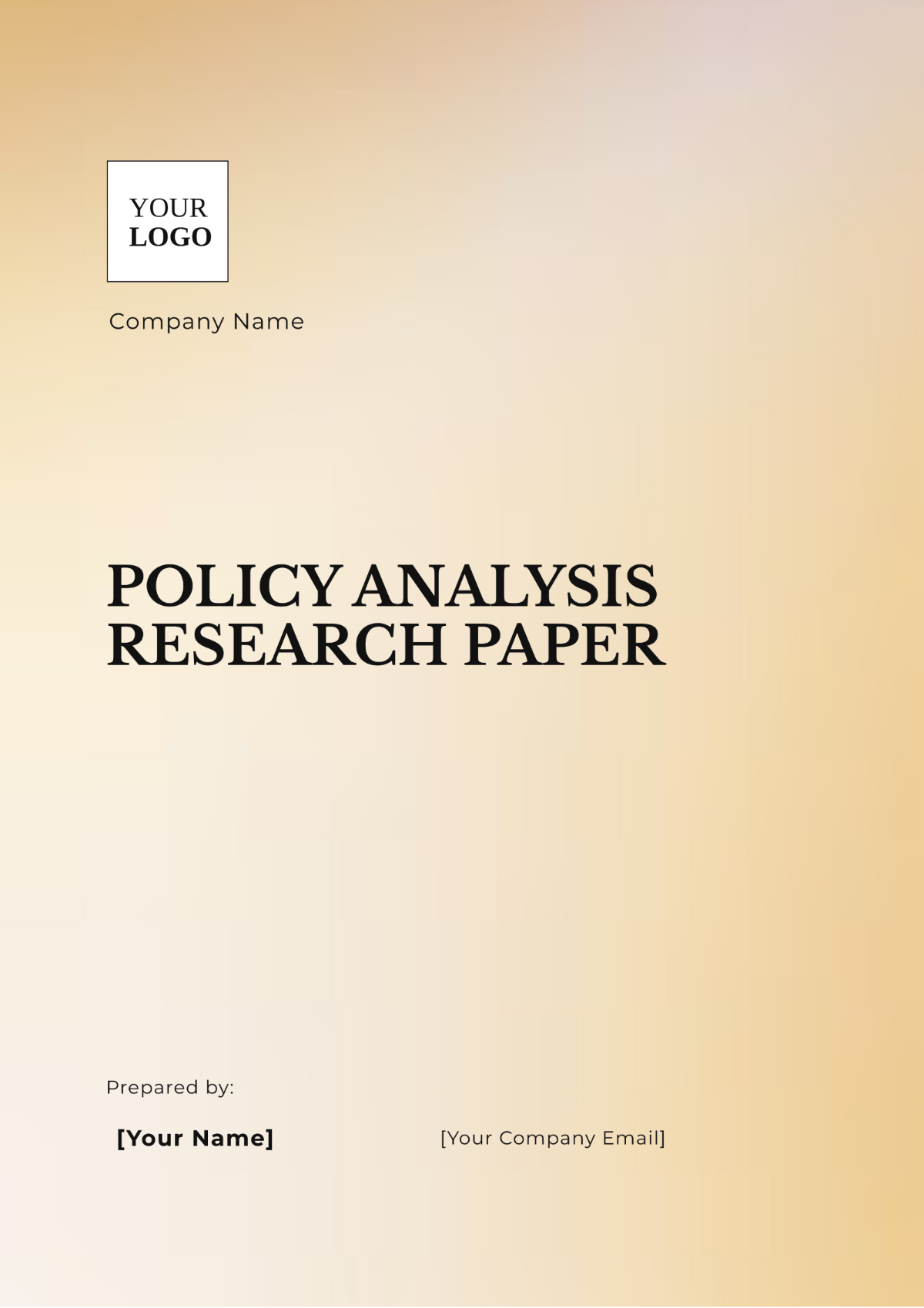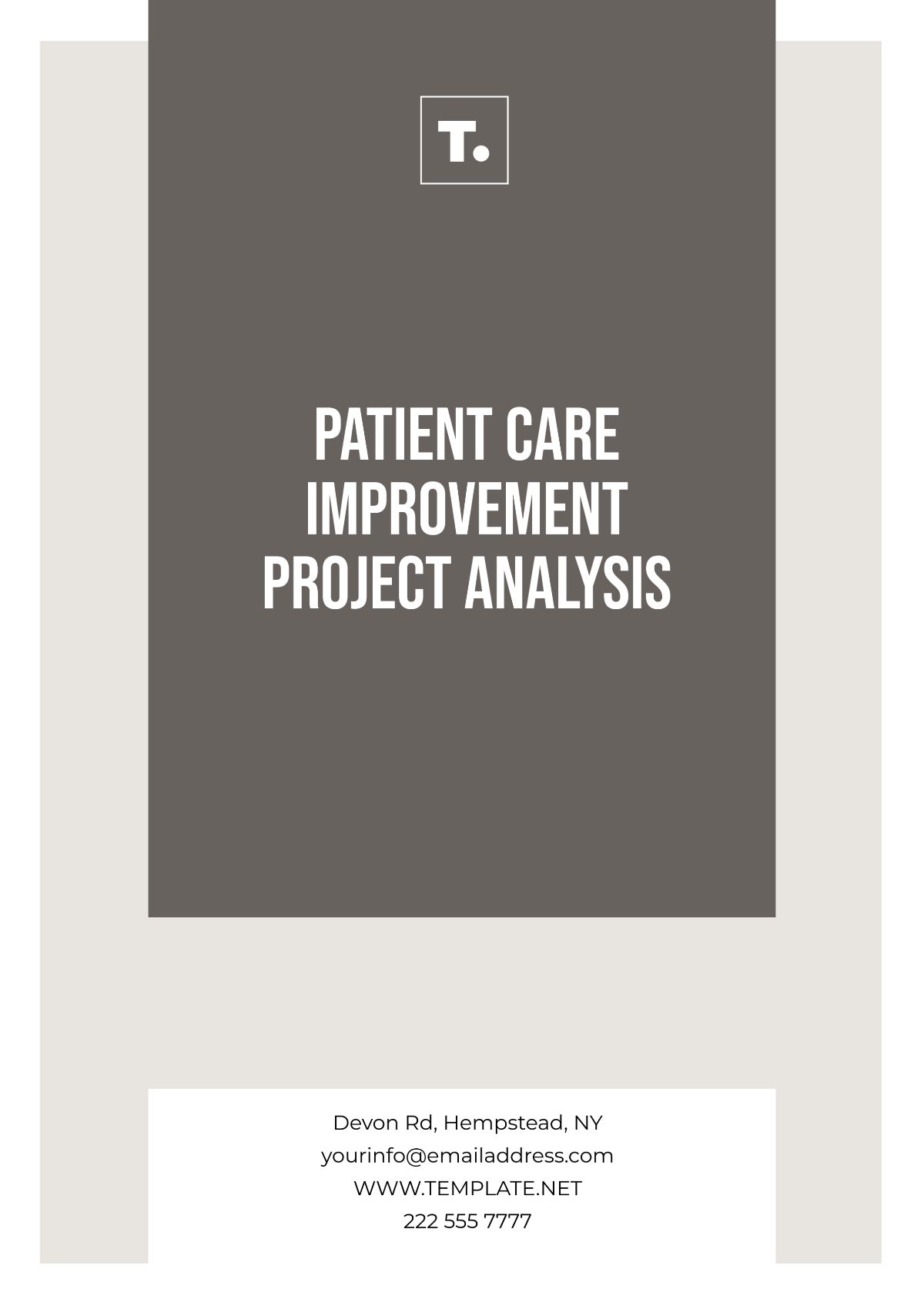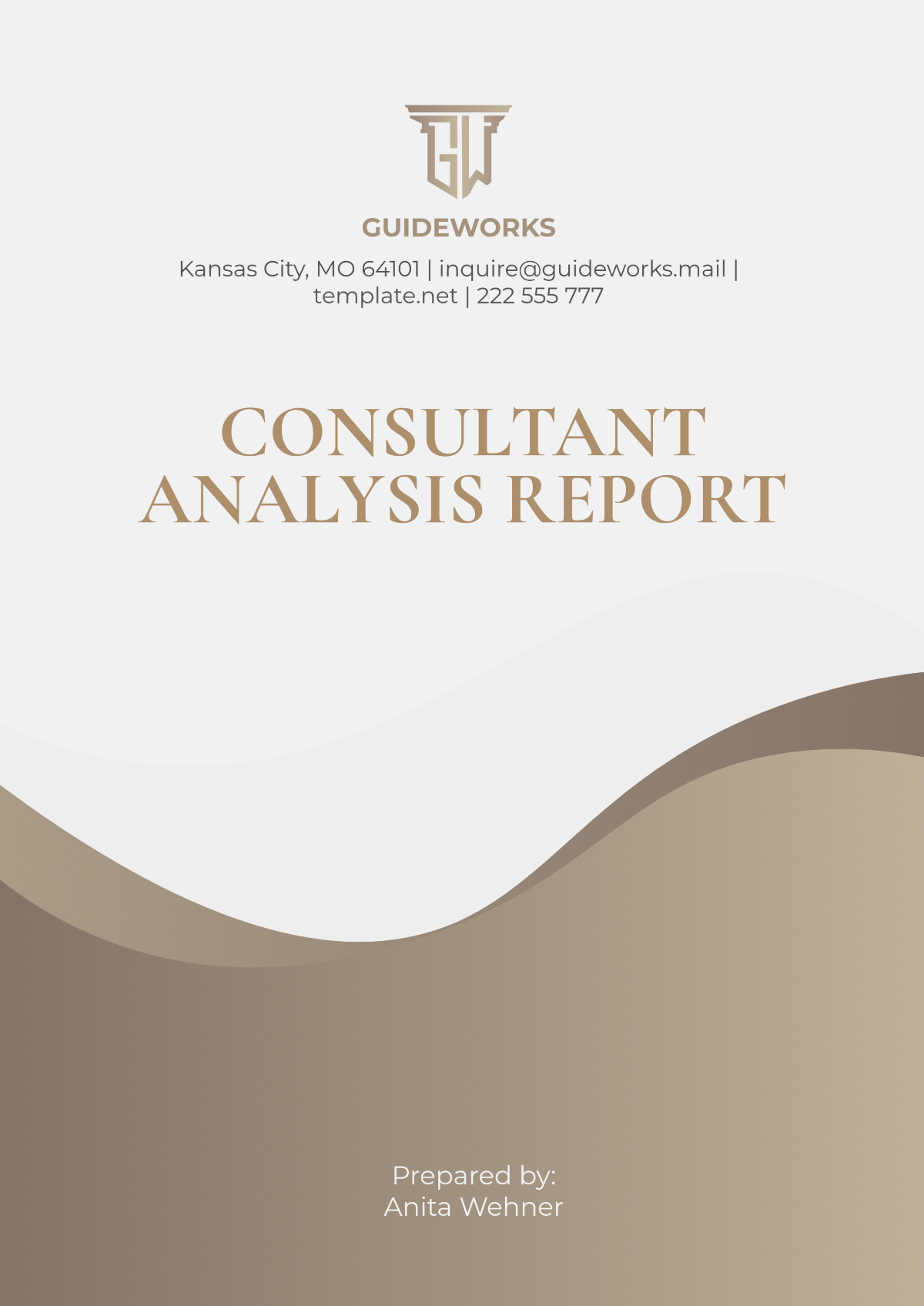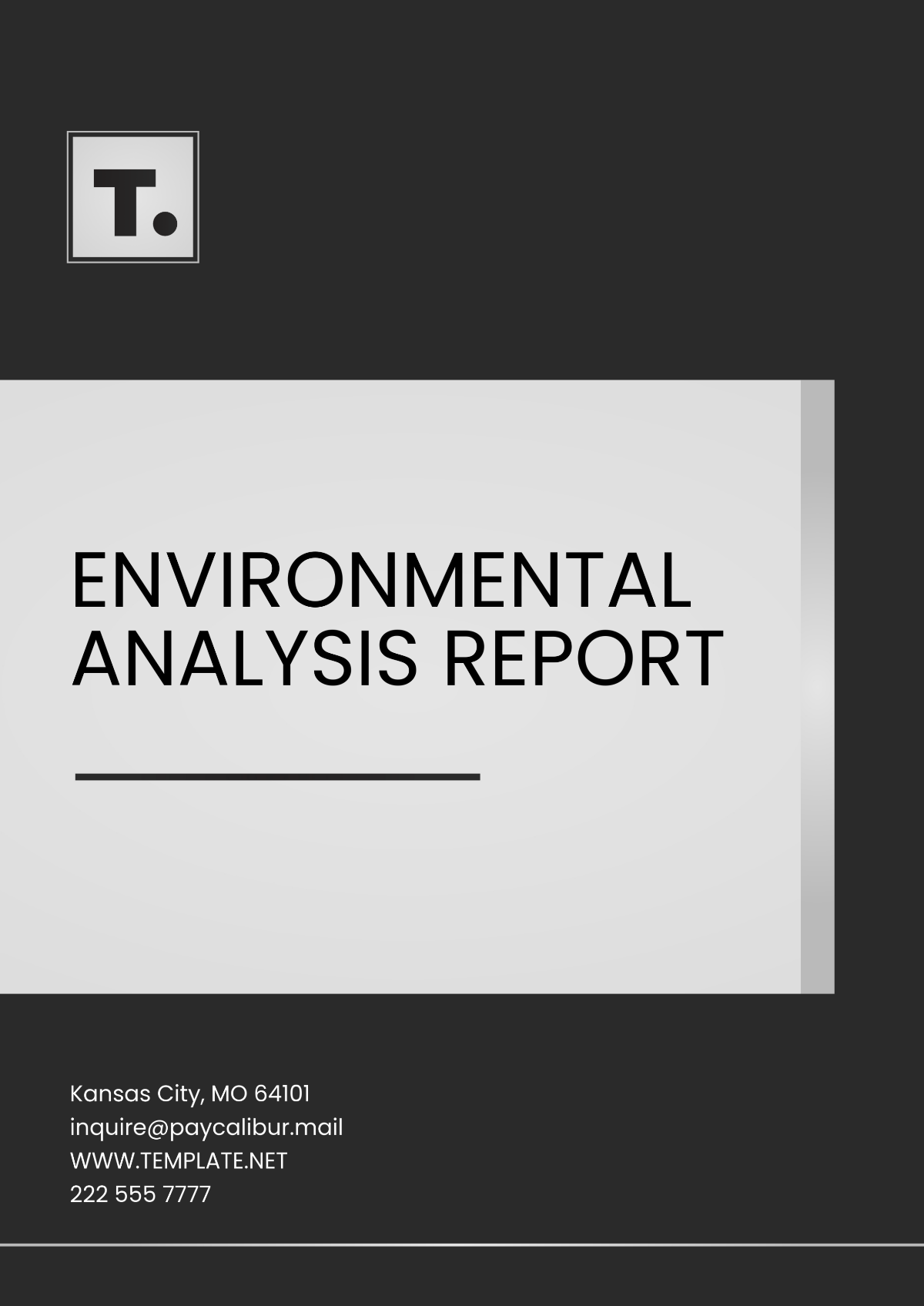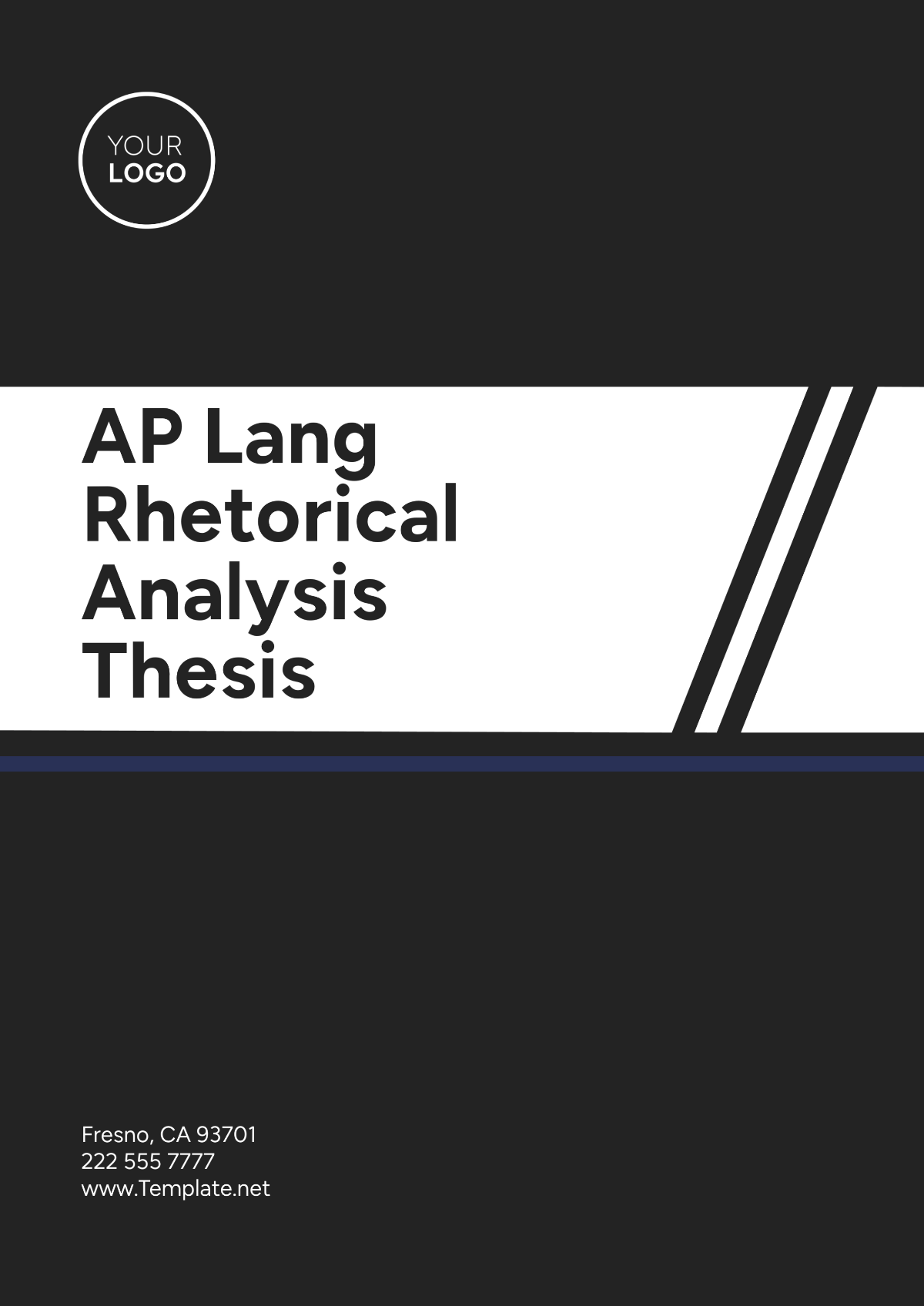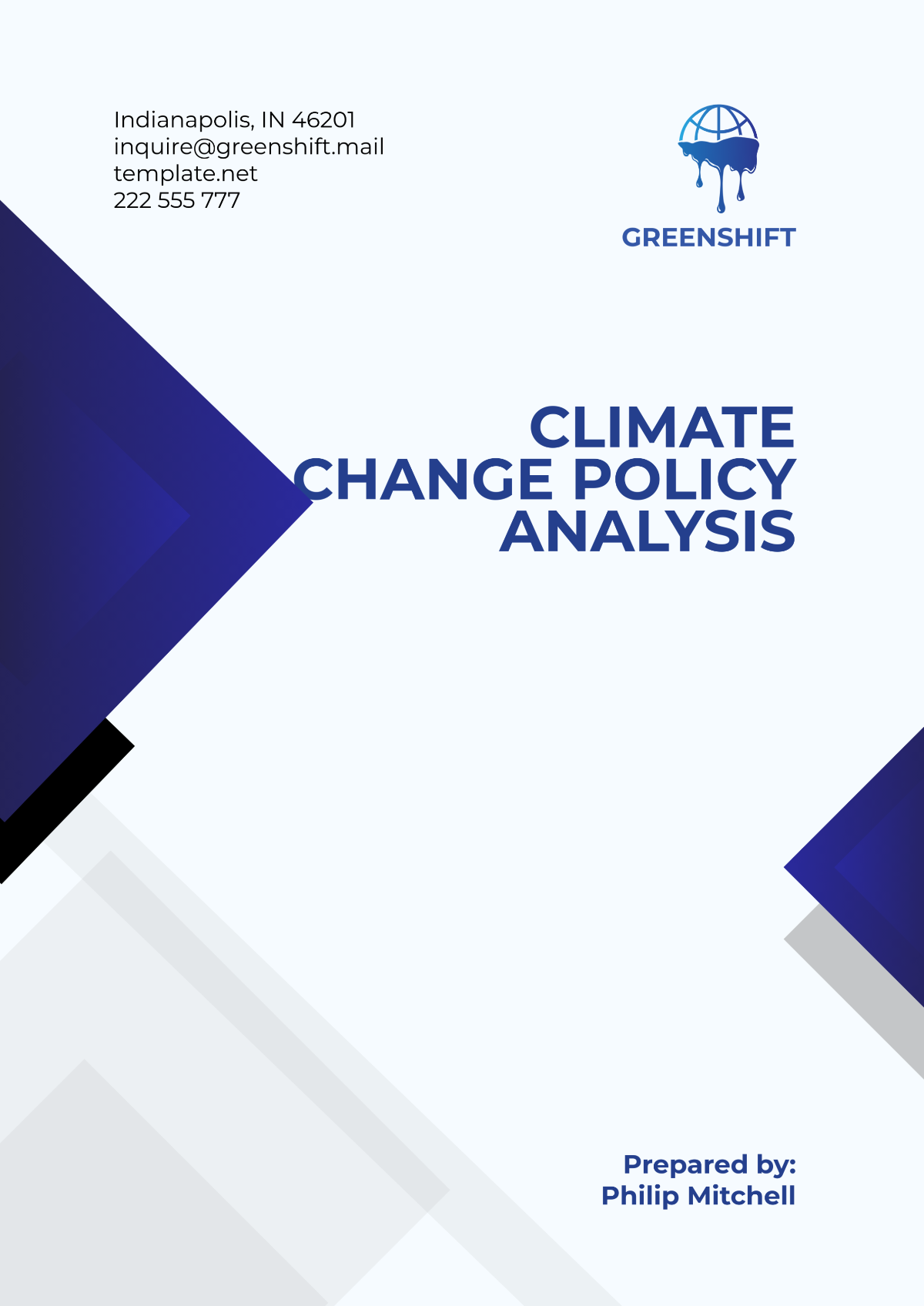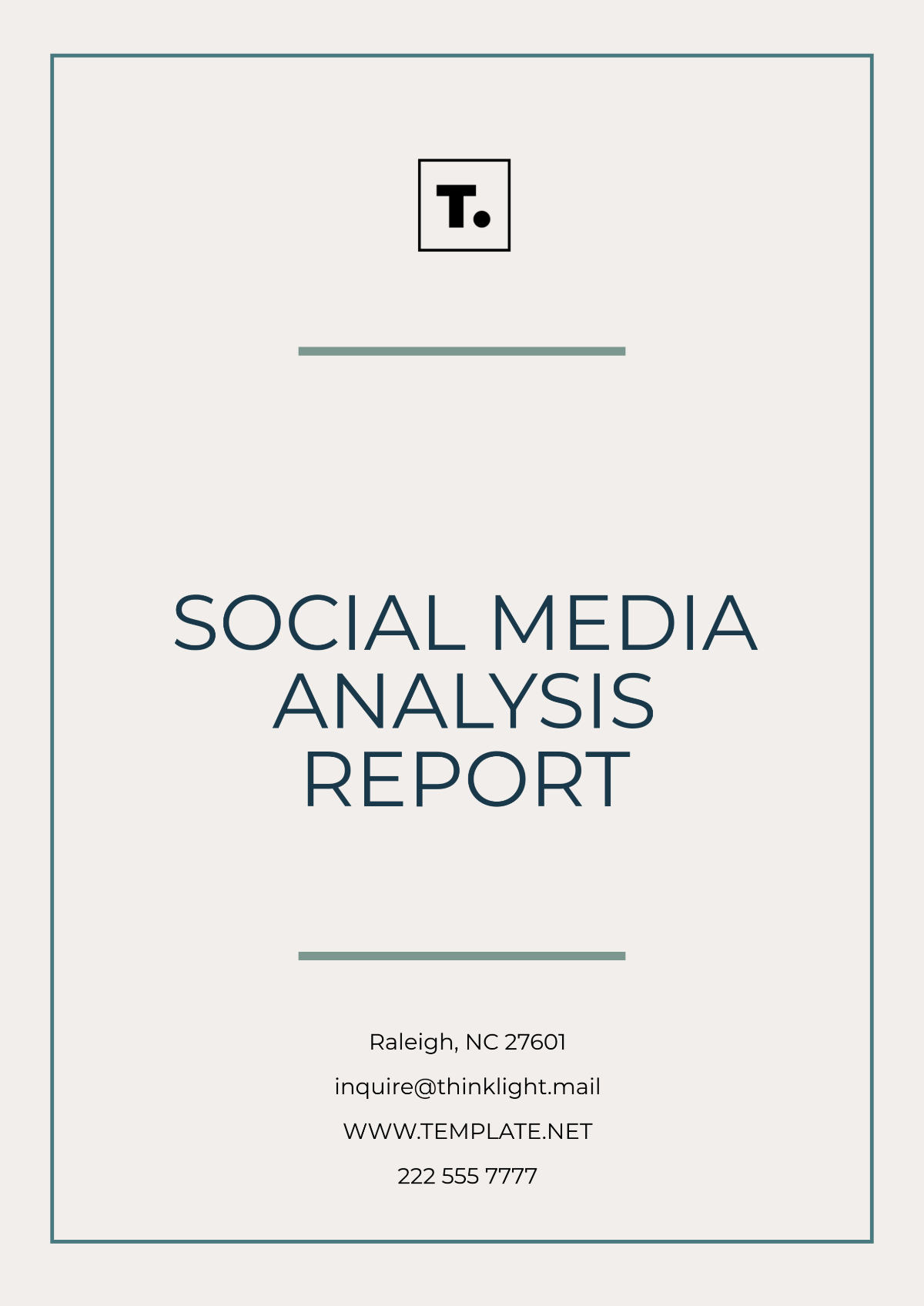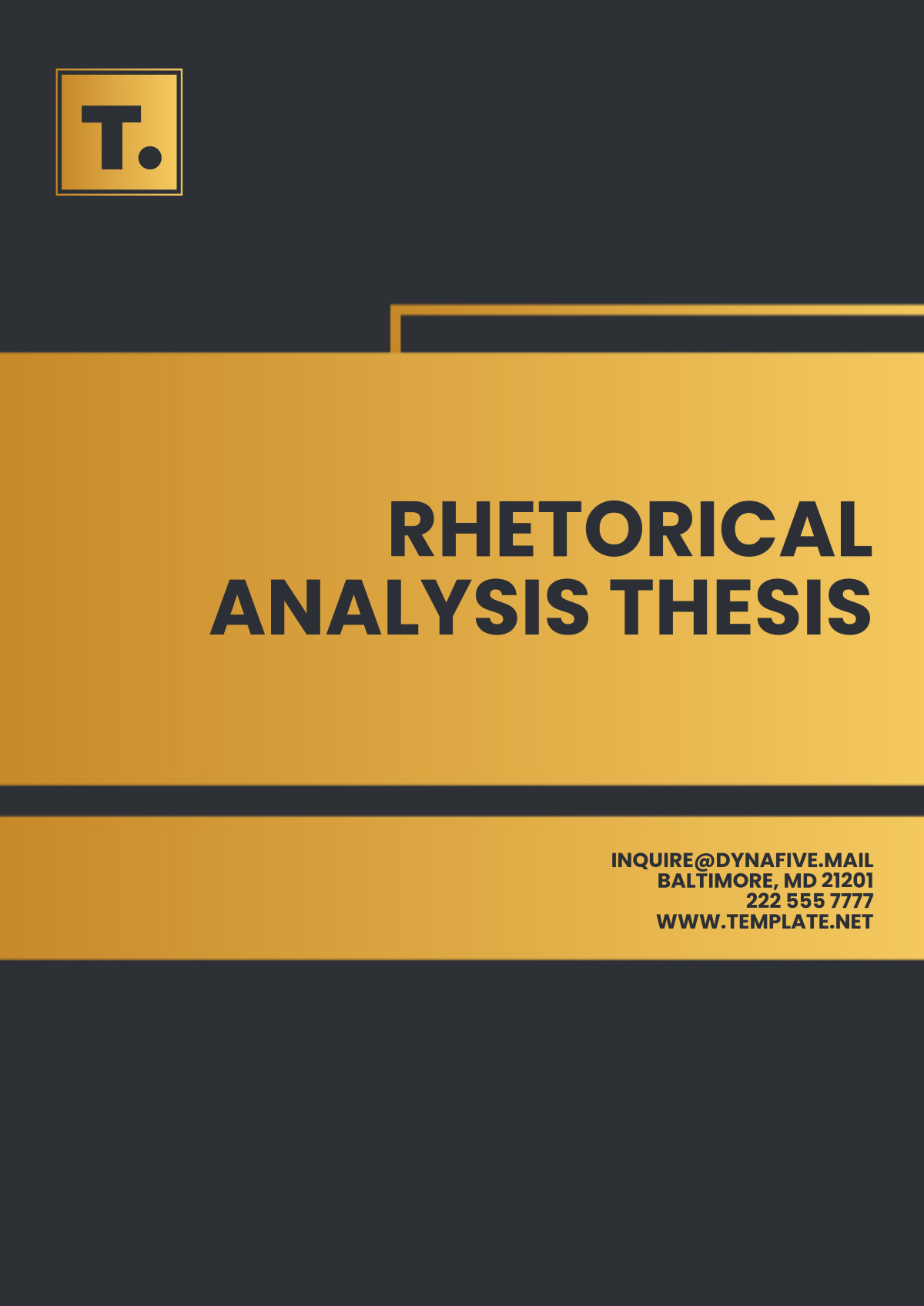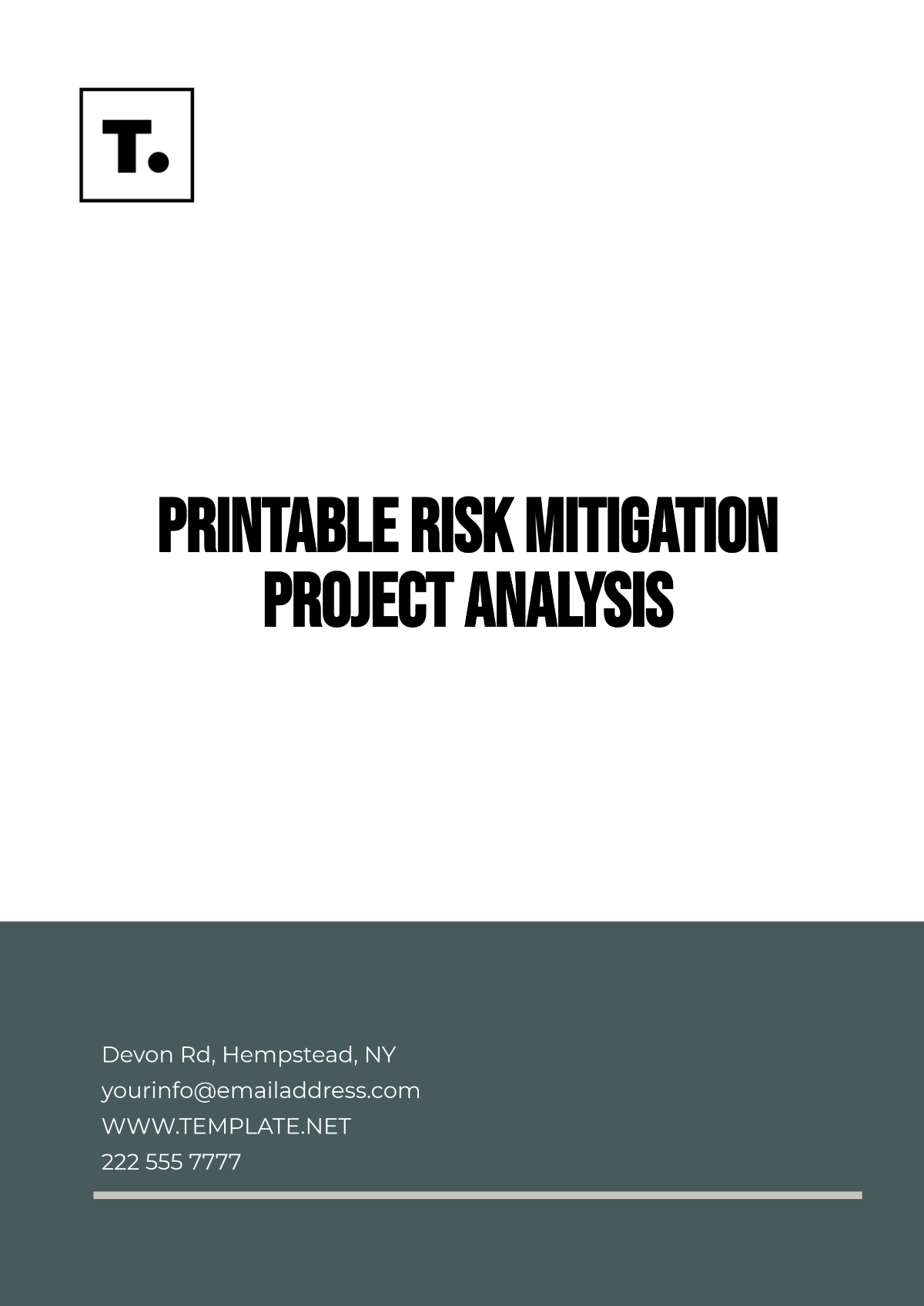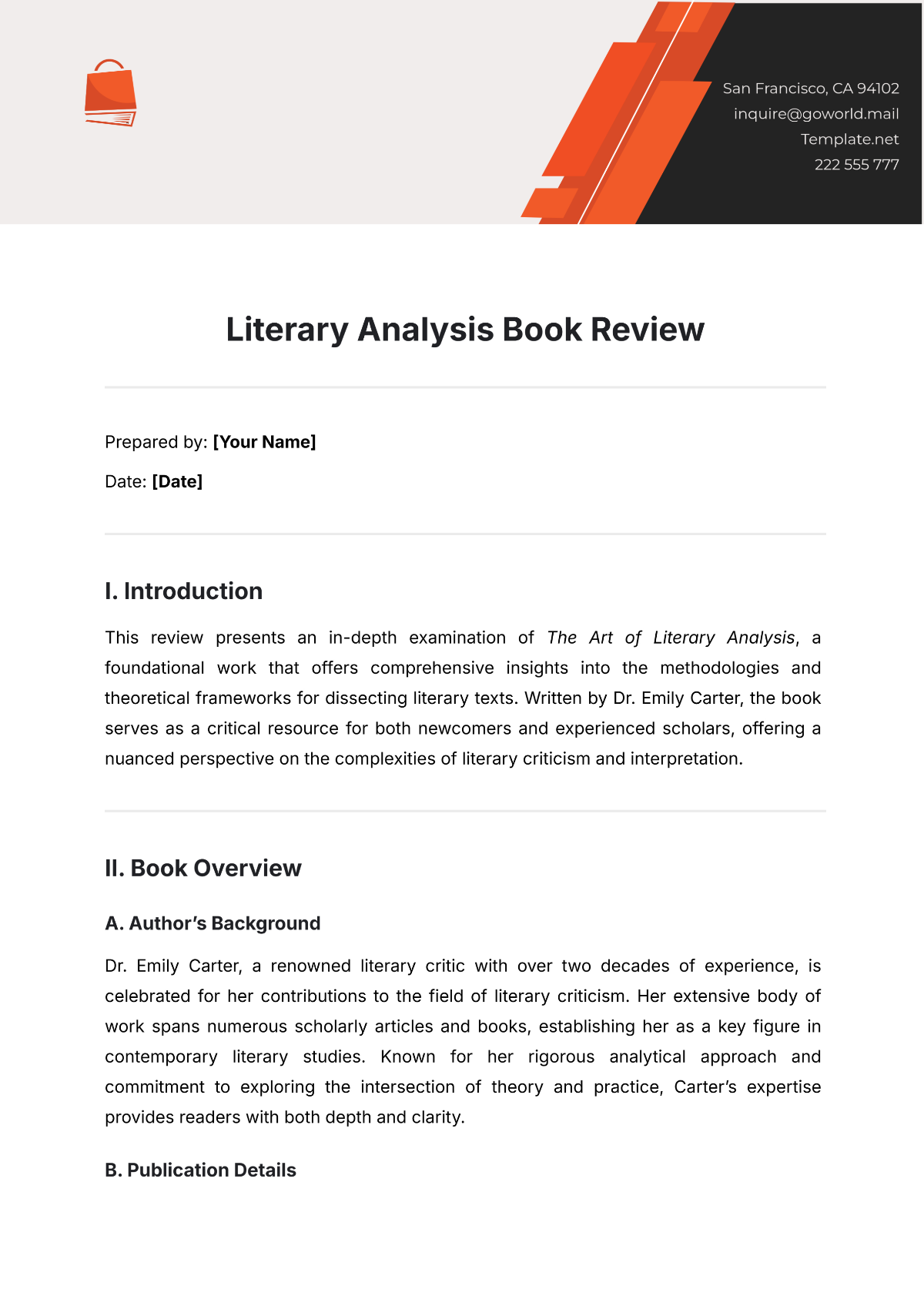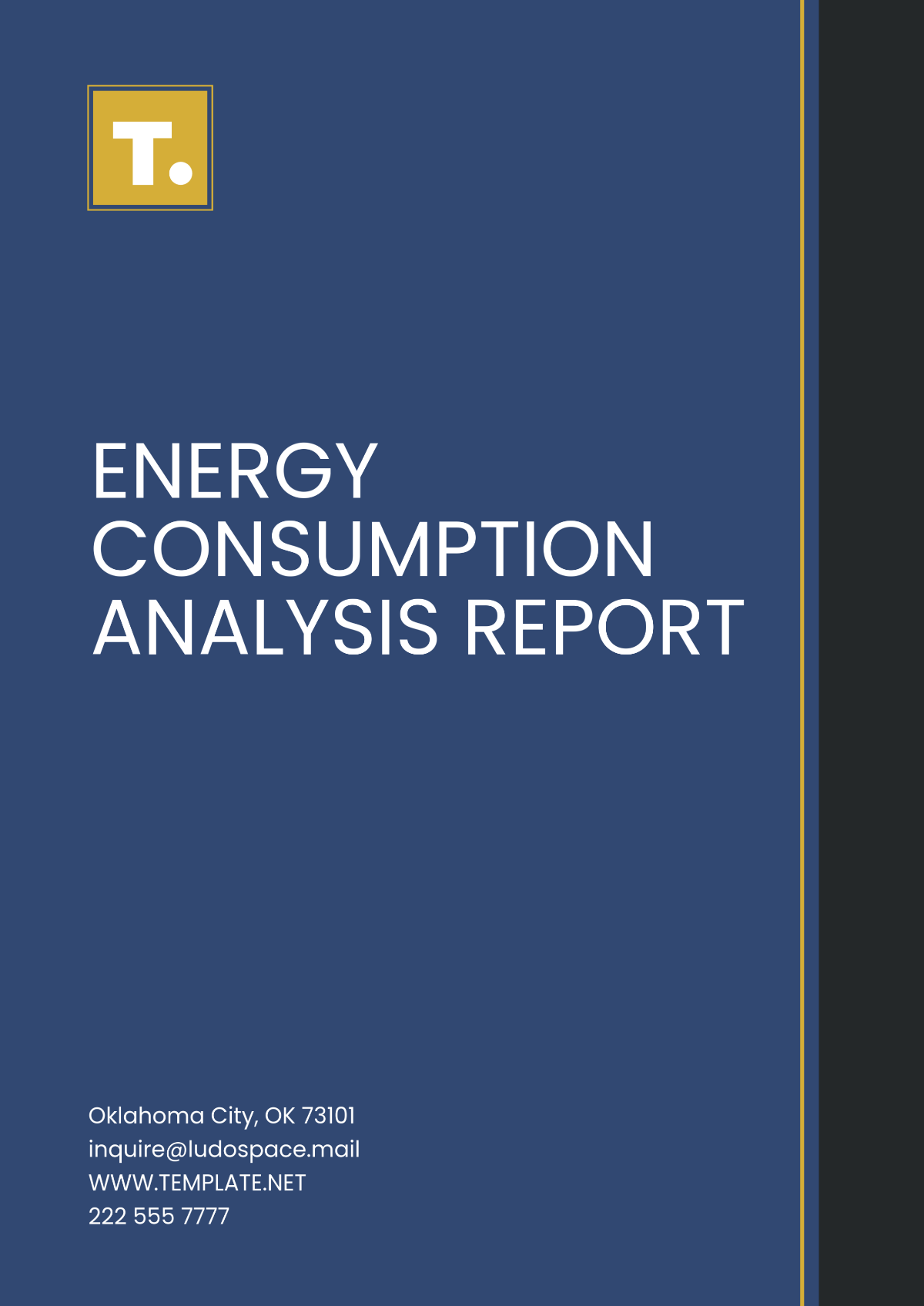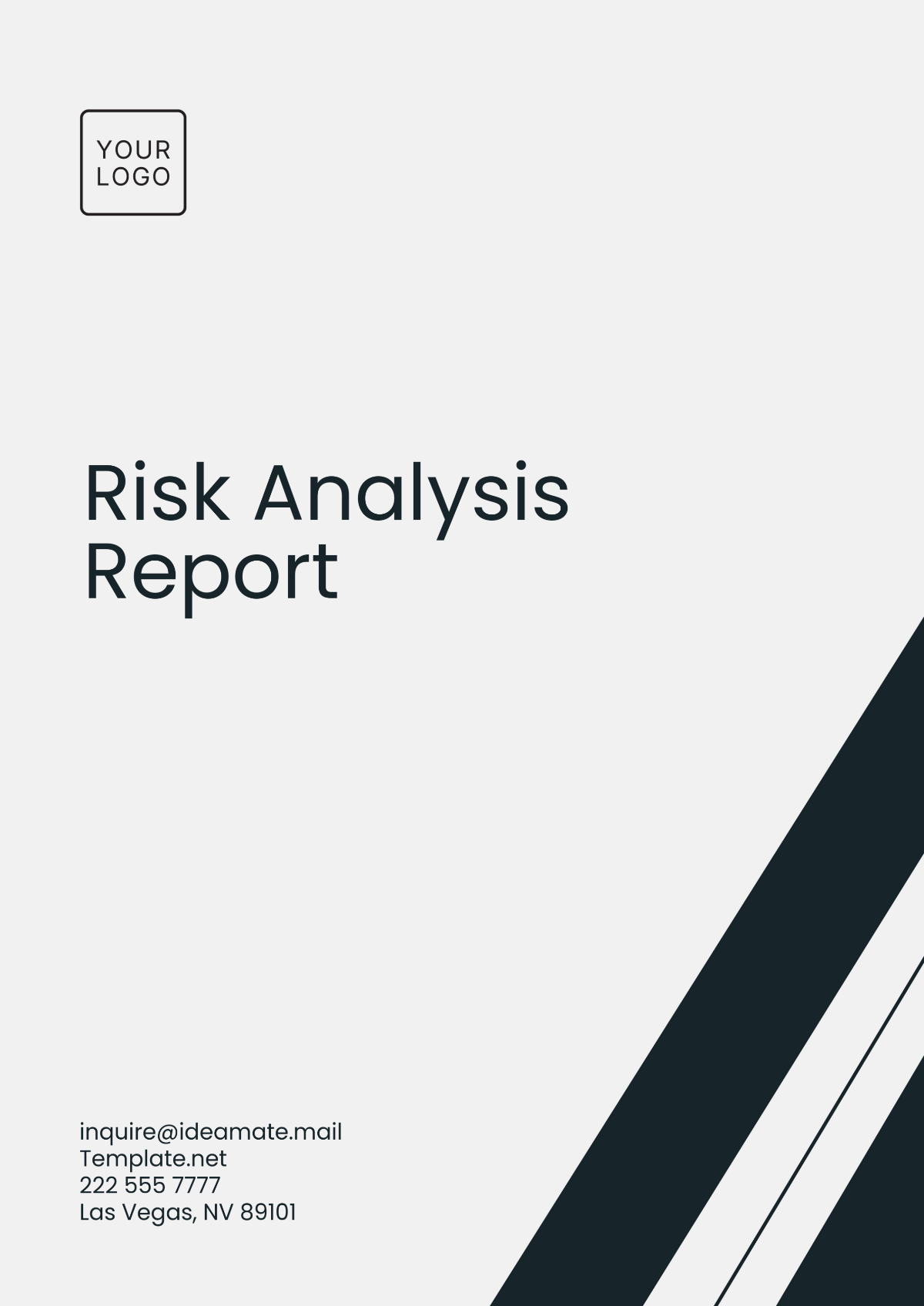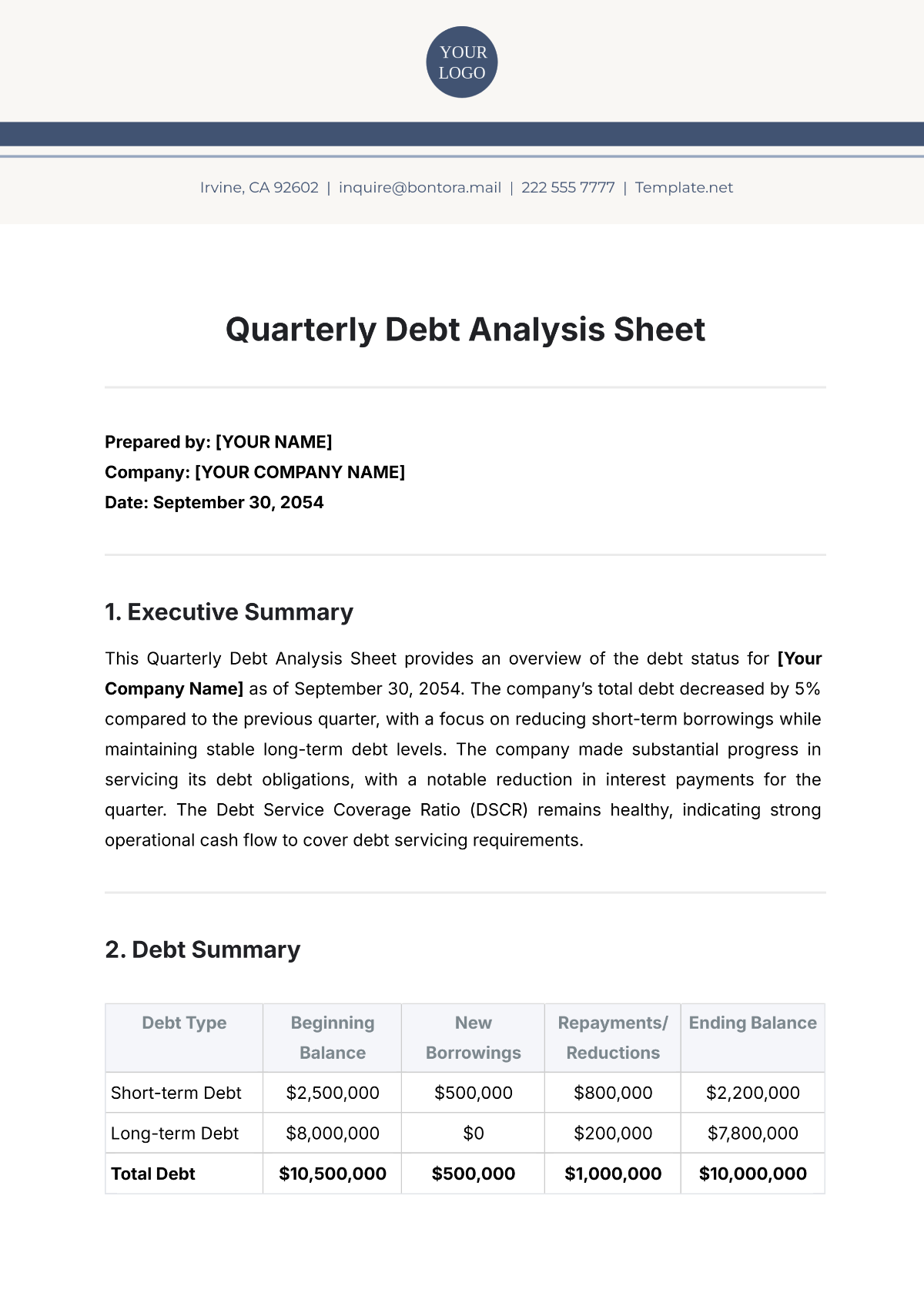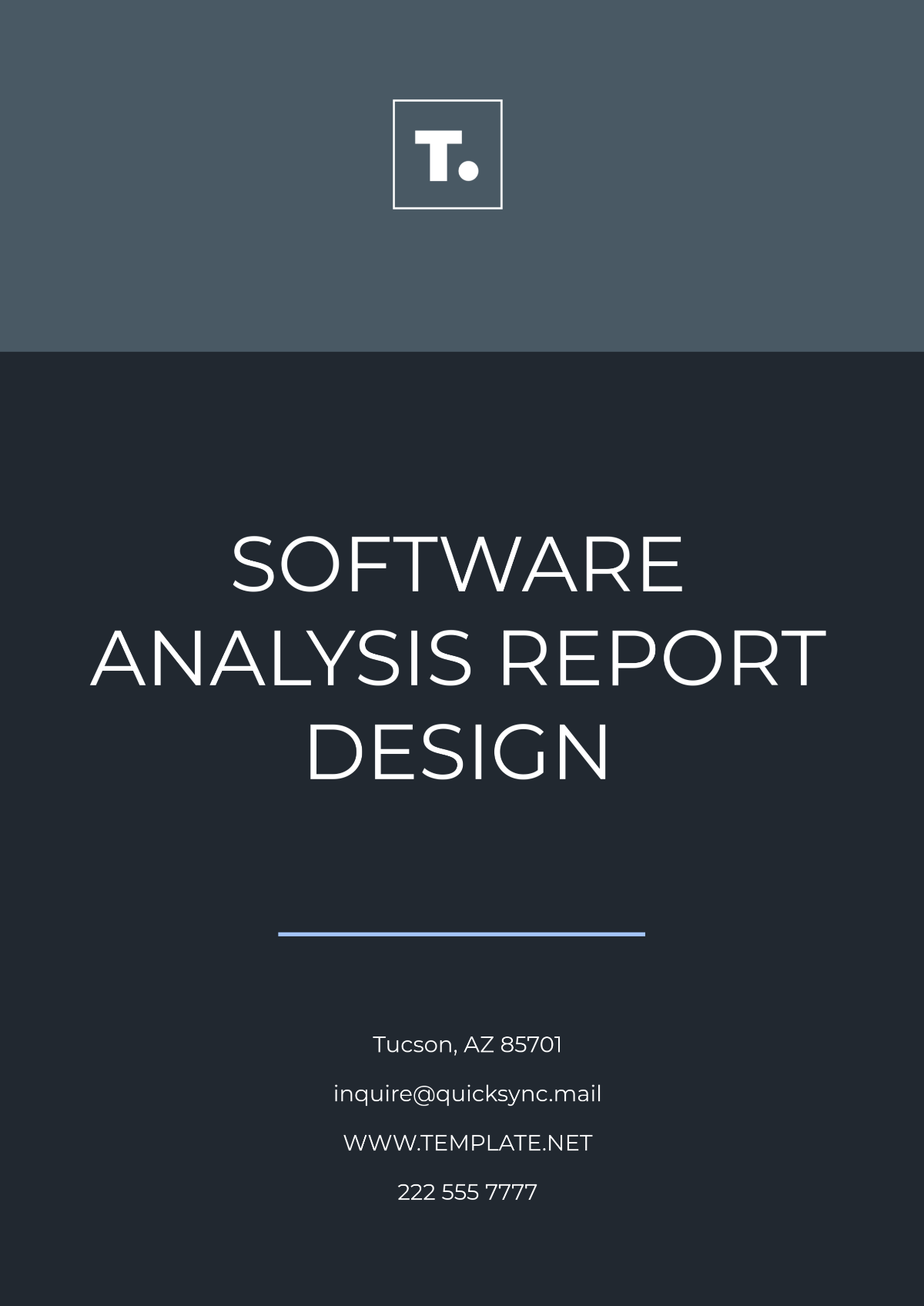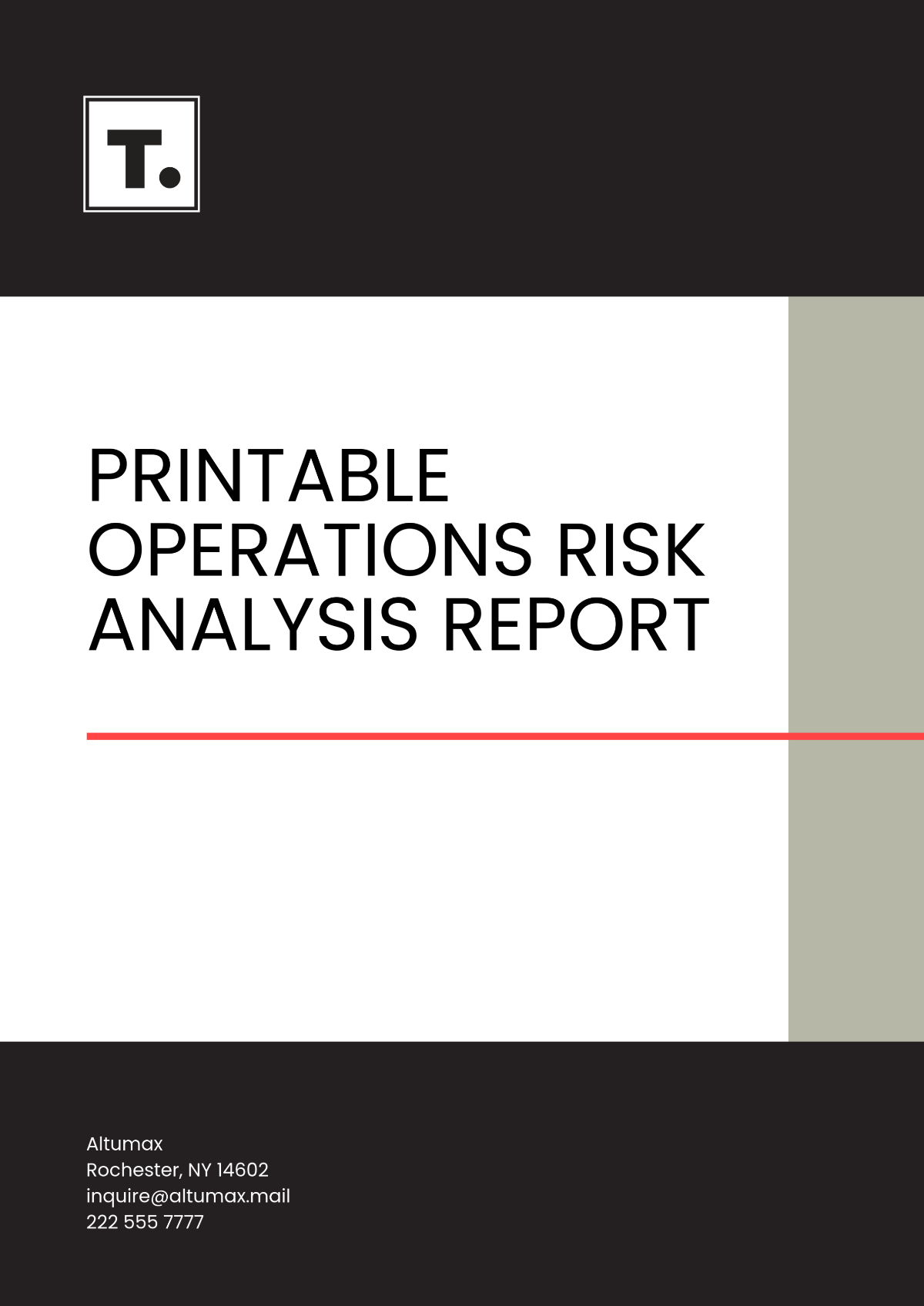Policy Analysis Research Paper
Introduction
This Policy Analysis Research Paper provides a thorough evaluation of the proposed Renewable Energy Incentive Policy to assist policymakers in making informed decisions. The analysis focuses on assessing the policy’s impact, effectiveness, and feasibility, providing evidence-based recommendations for enhancing its design and implementation.
1. Executive Summary
The Renewable Energy Incentive Policy aims to increase the adoption of renewable energy sources through financial incentives and subsidies. This report evaluates the policy’s potential effects on the energy sector, economic impact, and environmental benefits. Key findings indicate that the policy could significantly boost renewable energy adoption but may require adjustments to optimize cost-efficiency and equity among different regions.
2. Background and Context
The Renewable Energy Incentive Policy was introduced to address the growing need for sustainable energy solutions and to reduce greenhouse gas emissions. The policy proposes tax credits, grants, and subsidies for both individuals and businesses investing in renewable energy technologies, such as solar and wind power.
Historical data shows that similar policies in other countries have led to increased renewable energy use and reduced carbon emissions. However, challenges related to implementation and regional disparities in energy infrastructure need to be considered.
3. Methodology
The analysis was conducted using a mixed-methods approach:
Quantitative Data: Analysis of economic and environmental data from government reports and industry studies.
Qualitative Data: Interviews with stakeholders, including policy experts, industry leaders, and community representatives.
Analytical Framework: Evaluation of policy impacts using cost-benefit analysis and feasibility studies.
Assumptions include the stability of current energy markets and the availability of funding for incentives. Limitations involve the potential variability in regional responses and external economic factors.
4. Analysis and Findings
Impact Assessment
Economic Impact: The policy is projected to stimulate significant investment in renewable energy, creating jobs and boosting local economies. However, the financial burden on the government could be substantial if not managed carefully.
Environmental Impact: Expected reductions in greenhouse gas emissions and increased use of clean energy. Regional disparities may affect the overall environmental benefits.
Effectiveness Evaluation
Achieving Goals: The policy is likely to meet its primary objective of increasing renewable energy adoption but may fall short in less economically developed regions due to unequal distribution of incentives.
Program Efficiency: The current design shows promise but requires adjustments to ensure cost-effectiveness and avoid potential inefficiencies.
Feasibility Study
5. Recommendations
Adjust Incentive Structure: Modify the incentive structure to target regions with lower adoption rates and ensure equitable distribution of benefits.
Increase Funding: Allocate additional resources to support administrative costs and outreach programs to maximize the policy’s impact.
Monitor and Evaluate: Establish a robust monitoring system to assess the policy’s effectiveness regularly and make data-driven adjustments as needed.
6. Conclusion
The Renewable Energy Incentive Policy has the potential to significantly enhance the adoption of renewable energy sources and contribute to environmental sustainability. To maximize its effectiveness, policymakers should consider adjustments to the incentive structure, increase funding, and implement a comprehensive monitoring system.
7. References
Smith, J. (2050). Economic Impacts of Renewable Energy Policies. Energy Policy Journal.
Jones, A. (2050). Environmental Benefits of Renewable Energy. Green Energy Reports.
U.S. Department of Energy. (2050). Annual Report on Renewable Energy Investments.
Contact Information
For further inquiries, please contact:
Researcher: [YOUR NAME]
Email: [YOUR EMAIL]
Company Name: [YOUR COMPANY NAME]
Company Number: [YOUR COMPANY NUMBER]
Company Address: [YOUR COMPANY ADDRESS]
This Policy Analysis Research Paper is designed to provide a comprehensive evaluation of the Renewable Energy Incentive Policy, supporting policymakers in making well-informed decisions based on empirical evidence and expert analysis.
Research Templates @ Template.net
